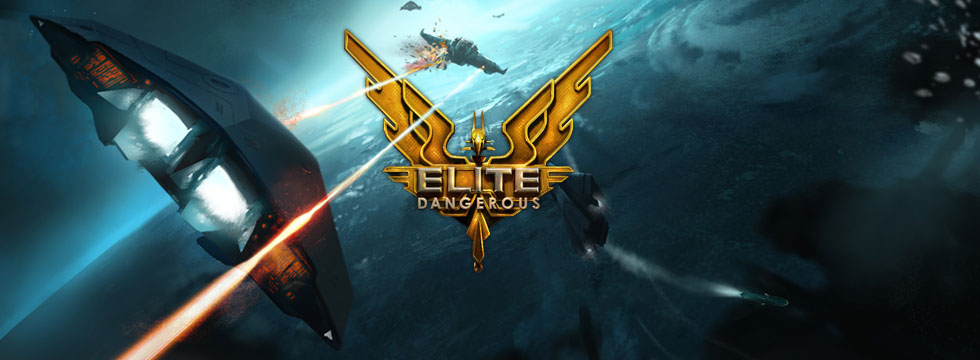Sorry if this sounds stupid but when I load this game it loads just fine but something is making a wongwongwong sound as the game loads for about 10 seconds and then ends with a rrrrrrrrrrrt sound. Its starts kind of quiet, then gets loud then its over. Thats the best way to describe the sound. Like a mechanical sound, something is spinning. The tower vibrates a bit. This is the only game that does it. I play BF4, Stellaris, Star Trek Online, Cities Skylines, Bad Company 2, Alien Isolation I think thats it.... None of those games make my PC make any noise. I run them all at max. Only thing I can think of is my HD only has 25GB free space, if that would have anything to do with noise? I get steady 60fps. Game runs smoothe. No problems or lag. Just this wongwongwongwongwongWONGWONG RRRRRRRRT sound when it loads.
Thanks in advance for any advice.
FX6300
Asus M5A97 mobo
GTX1050ti
8gbram
250GB Seagate
Thanks in advance for any advice.
FX6300
Asus M5A97 mobo
GTX1050ti
8gbram
250GB Seagate




